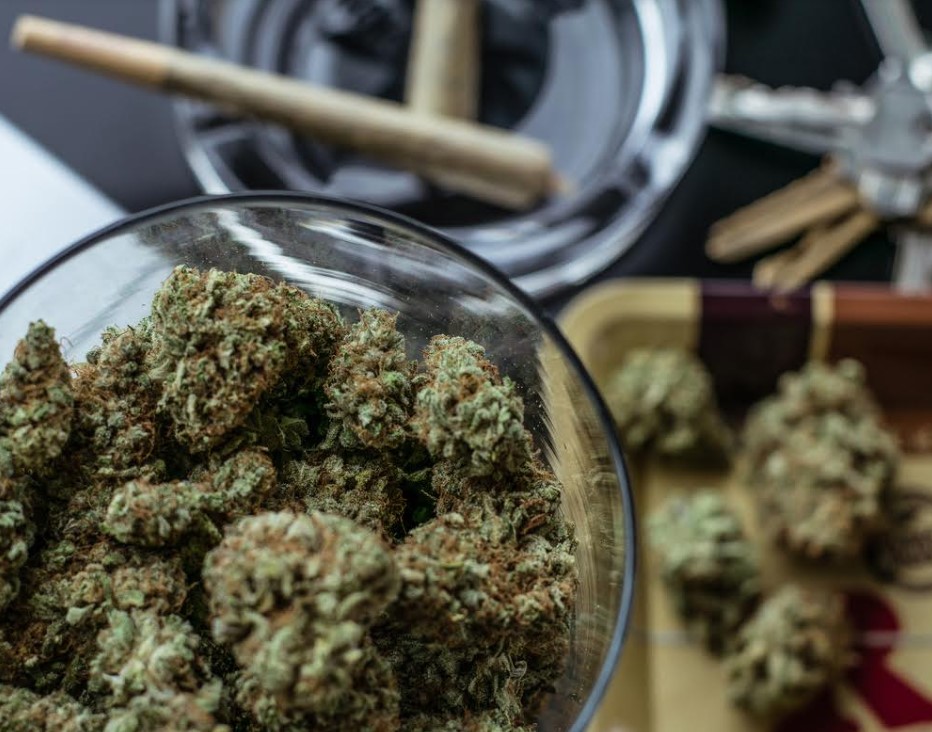
California is one of a small number of states often looked to as an example of how to implement a safe, efficient, and profitable marijuana market. Proponents point to the Golden State as a prime example of how to do it right. But it turns out that the petal might be off the rose. California’s legal pot market could finally be imploding.
Those are not my words, by the way. I am just a writer who reads the news and reports it. No, the idea comes from licensed business owners themselves. One particular farmer interviewed by the High Times for a recent piece says that not only is the market imploding, but he and his colleagues have been warning state legislators that the implosion was coming.
A Significant Decline in Sales
There is no way to know for sure that a market implosion is imminent. But the signs of trouble are certainly there. For instance, California registered its first sales decline since recreational marijuana was legalized in 2018. Moreover, the decline is significant.
Legal growers and dispensaries generated $5.77 billion in recreational marijuana sales in 2021. That number dropped to $5.3 billion in 2022. That amounts to an 8.2% decline. It might be nothing when you are talking about billions of dollars. But in terms of raw sales numbers, anything more than two or three percent is serious.
So, what is behind the sales decline? Industry insiders say there are two big things killing them right now: taxation and a lack of dispensaries. Taxation is the bigger of the two issues because it directly affects pricing.
Taxes Mean Higher Prices
To understand the tax issue, you also need to understand that the numbers reported by California relate only to recreational marijuana sold at licensed dispensaries. They do not account for black market sales. People are still buying marijuana in California. But just as with any product, they buy it from the seller with the lowest price.
Legal operators need to build taxes into their pricing. They need to charge and collect sales taxes from customers. So it stands to reason that their products are more expensive. Their higher prices just cannot compete with lower black market prices. As for the dispensary problem, it is a common problem throughout the industry.
A Similar Problem in Utah
The High Times article cited a lack of dispensaries in California. But truth be told, the problem in California is nothing compared to that in Utah. To serve the entire state, Utah lawmakers have approved only fifteen licenses to date. That’s it. There are more than 65,000 medical cannabis card holders in Utah. They all must get their medicine from a total of fifteen pharmacies – at least if they want to remain legal.
Unfortunately, all but one of the pharmacies are located in urban centers. Payson’s Pure Utah is in the Provo area. It is one of the closest dispensaries to residents living along the state’s southern border. But guess what? Payson is 245 miles away from towns like St. George. Given the choice between traveling to Payson or buying cheaper product on the black market, customers will choose the black market.
Utah has its problems, but what is happening in California is arguably more important. Why? Because California was where the whole legal marijuana movement began. It is considered a ‘gold standard’ state in terms of how legalized marijuana should operate. If the legal market in California does indeed implode, the ramifications will be profound. Could it really happen? The signs are there. Now we wait to see what happens.
